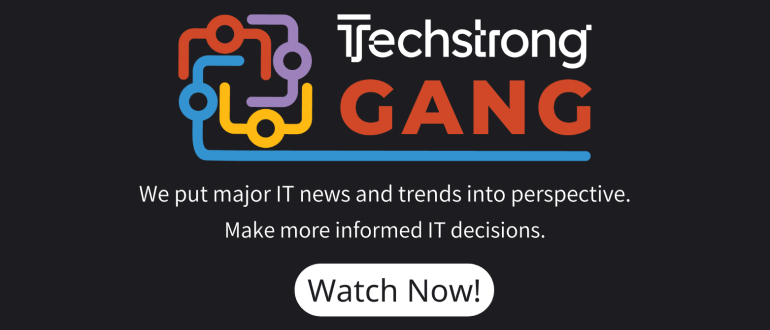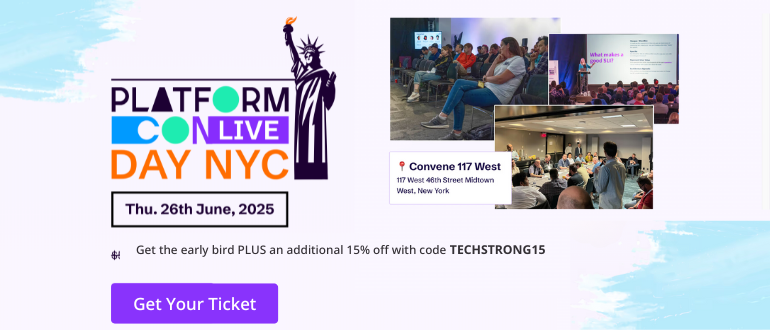Docker’s New Subscription Plans: A Unified Suite for Modern Development Teams
Docker’s refreshed subscription model offers expanded features, consumption-based pricing and integrated tools for development teams of all sizes.
In a significant update to its service offerings, Docker has announced a comprehensive overhaul of its subscription plans, scheduled for December 10, 2024. These changes represent Docker’s response to evolving developer needs and provide a unified tool suite to enhance productivity, security and collaboration across development workflows.
A Unified Suite of Developer Tools
At the core of Docker’s announcement is the integration of the entire product portfolio into a unified subscription model. The refreshed Docker Personal, Pro, Team and Business plans will now include access to Docker Desktop, Docker Hub, Docker Build Cloud, Docker Scout and Testcontainers Cloud. This consolidation eliminates the need for separate subscriptions and provides developers with a complete toolkit under a single plan.
“Developers want tools that meet their current needs and evolve with new capabilities to meet their future needs,” Docker stated in their announcement. This philosophy has guided the restructuring of their subscription model to ensure that every paid user has full access to all tools, with consumption-based options allowing for resource scaling as projects grow.
New Pricing Structure and Hub Consumption Limits
While Docker Business pricing remains unchanged, Docker Pro will increase from $5/month to $9/month, and Docker Team prices will rise from $9/user/month to $15/user/month (with annual discounts available). The Docker Personal plan will continue to be free, maintaining Docker’s commitment to providing container-first development capabilities to individual developers.
The most significant change is the introduction of image pull and storage limits for Docker Hub, which will take effect on March 1, 2025. According to Docker, these limits will impact less than 3% of accounts — primarily high-volume commercial consumers. The new higher image pull limits may eliminate previously incurred fees for many Docker Team and Business customers with Service Accounts.
Docker has also launched a Pulls Usage dashboard on Docker Hub, giving customers visibility into their organization’s Hub pull data to manage consumption better.
Enhanced Features Across the Platform
Over the past year, Docker has made substantial investments in enhancing its platform capabilities:
-
Docker Hub: With over $100 million invested to date, Docker Hub now stores more than 60 petabytes of data and handles billions of pulls monthly. Recent improvements include better content discoverability, in-depth image analysis and lifecycle management.
-
Docker Build Cloud: Launched in January 2024, this service combines ARM & AMD cloud builders with shared cache technology that can accelerate build times by up to 39x. The new plans remove per-seat licensing for Build Cloud and increase included build minutes.
-
Docker Scout: Introduced in October 2023, Scout allows developers to address security issues through policy evaluation continuously and recommended remediations. Docker Team and Business plans will now offer continuous vulnerability analysis for unlimited Scout-enabled repositories.
-
Testcontainers Cloud: Following Docker’s acquisition of AtomicJar, Testcontainers Cloud has been integrated to offer container-based testing automation with enterprise features and scalable cloud infrastructure. Like Build Cloud, per-seat licensing has been eliminated, with runtime minutes now included in paid plans.
Enterprise Security Features: For Docker Business subscribers, enhanced security and compliance features include role-based access control, SOC 2 Type 2 compliance, centralized management and compliance reporting tools
Transition Timeline
Docker has adjusted its implementation timeline to ensure a smooth transition:
-
Last sale date for current plans: December 9, 2024
-
New subscription plan availability: December 10, 2024
-
Changes to Personal Plan consumption pricing: December 10, 2024
-
Docker Hub consumption pricing: March 1, 2025
No Docker Hub image pulls or storage charges will be incurred between December 10, 2024, and February 28, 2025. For existing customers, the new plan entitlements will take effect at their next renewal date, occurring on or after December 10, 2024.
Consumption-Based Model for Flexibility
The shift to a consumption-based pricing model for integrated products reflects Docker’s recognition that development teams need flexibility as they scale their project. By including baseline consumption limits with each plan and offering the ability to add more as needed, Docker is creating a more adaptable pricing structure that can grow with its customers.
This approach aligns with broader industry trends toward usage-based pricing models that better reflect actual resource consumption rather than rigid licensing structures.
According to Mitch Ashley, VP and Practice Lead, DevOps and Application Development, The Futurum Group, “This restructuring aligns Docker desktop-based and cloud offerings and structures products into the familiar ‘good, better, best’ approach based on team and company size. The new plans offer developers a simpler subscription menu of bundled offerings rather than a-la-carte. That’s likely to be well accepted by developers.”
Looking Ahead
Developers can expect further enhancements to empower their development goals as Docker innovates and invests in its products. Docker was recently recognized as developers’ most used, desired and admired developer tool in the 2024 Stack Overflow Developer Survey, underscoring its continued importance in the development ecosystem.
These changes represent Docker’s ongoing commitment to providing a container-first approach to software development while ensuring the sustainability of its platform for years to come.



